As Ralph Waldo Emerson noted, “Money often costs too much,” and that cost is all too often borne by those least able to manage it. While the COVID-19 pandemic has paralyzed the global markets and brought the finances of both individuals and corporations to breaking point, the rot at the heart of the economic system had set in long before the pandemic. It’s no surprise then that five recent releases have sought to expose the inequalities of the business and financial sectors and to suggest ways in which society could become fairer.
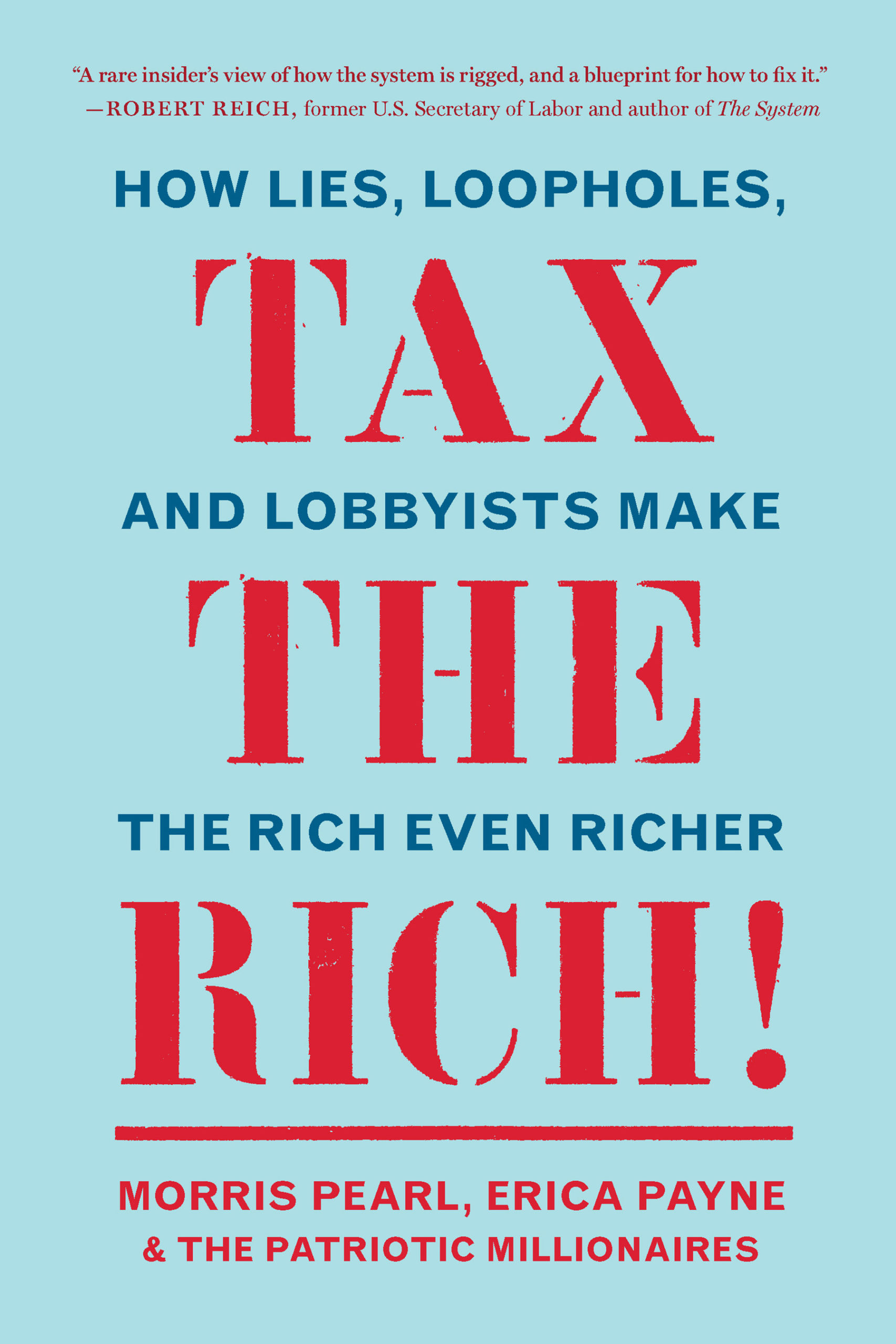
The Patriotic Millionaires describe themselves as a group of “high net worth Americans, business leaders, and investors who are united in their concern about the destabilizing concentration of wealth and power in America.” The group aims to help build a more equal and prosperous society by promoting equal political representation, a minimum wage for all workers, and tax reform, and in Tax the Rich! How Lies, Loopholes, and Lobbyists Make the Rich Even Richer, Patriotic Millionaires Chair Morris Pearl, founder Erica Payne, and assorted other millionaire contributors explain why the US economy is rigged in favor of the rich as well as how it can be equalized. Through a combination of engaging and often humorous text, cartoons, infographics, and case studies, the authors highlight the problems with the current system and offer justifications for introducing a reformed tax code that builds the middle class, creates good employment prospects, grows the economy, and incentivizes both individuals and companies to act for the good of the country. Given the fact that inequality has never been more pronounced in US society, it’s a timely and important book.
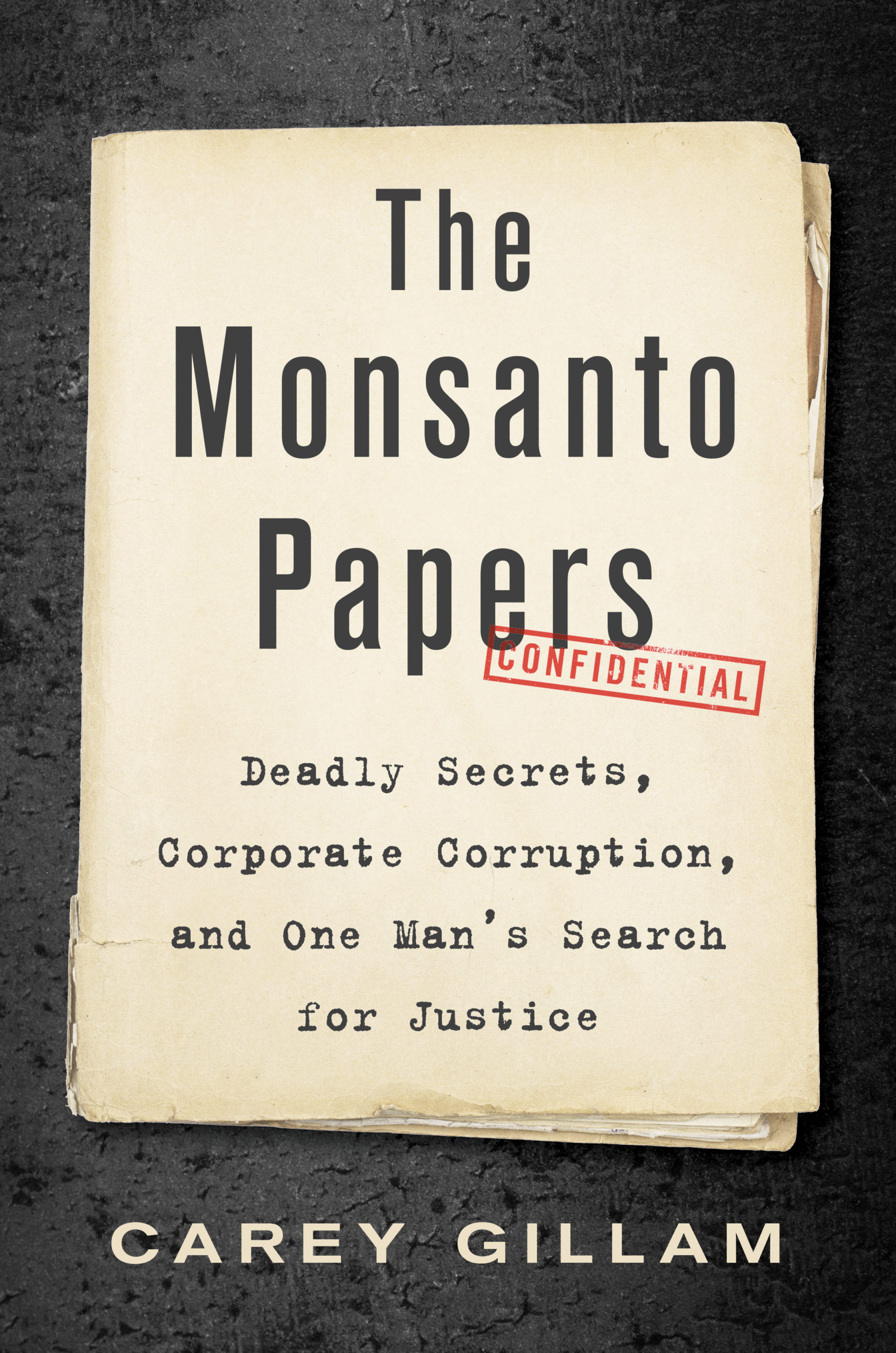
As a school groundkeeper, Lee Johnson was used to working with well-known brands of weedkiller such as Roundup and Ranger Pro, both of which were glyphosate-based products manufactured by corporate boogeyman Monsanto. After Johnson was diagnosed with non-Hodgkin lymphoma and informed of his poor prognosis, he thought back to that use and to a workplace accident that left him drenched in weedkiller and made the link between that exposure and his subsequent cancer diagnosis. Monsanto had faced a host of similar accusations, but Johnson’s case was the first time the company had been required to defend itself in front of a jury. The Monsanto Papers: Deadly Secrets, Corporate Corruptions, and One Man’s Search for Justice is investigative journalist Carey Gillam’s exhaustive account of the legal battle to hold agrochemical giant Monsanto accountable for its shameful profiteering and flagrant disregard for public safety. Gillam details some horrendously corrupt practices on the part of Monsanto, which were perhaps not as shocking as they should be given the company’s dire reputation, as well as a number of coverups involving regulatory authorities, which highlight the extent to which cash and corporate power can be leveraged to avoid responsibility when the victims are ordinary people.
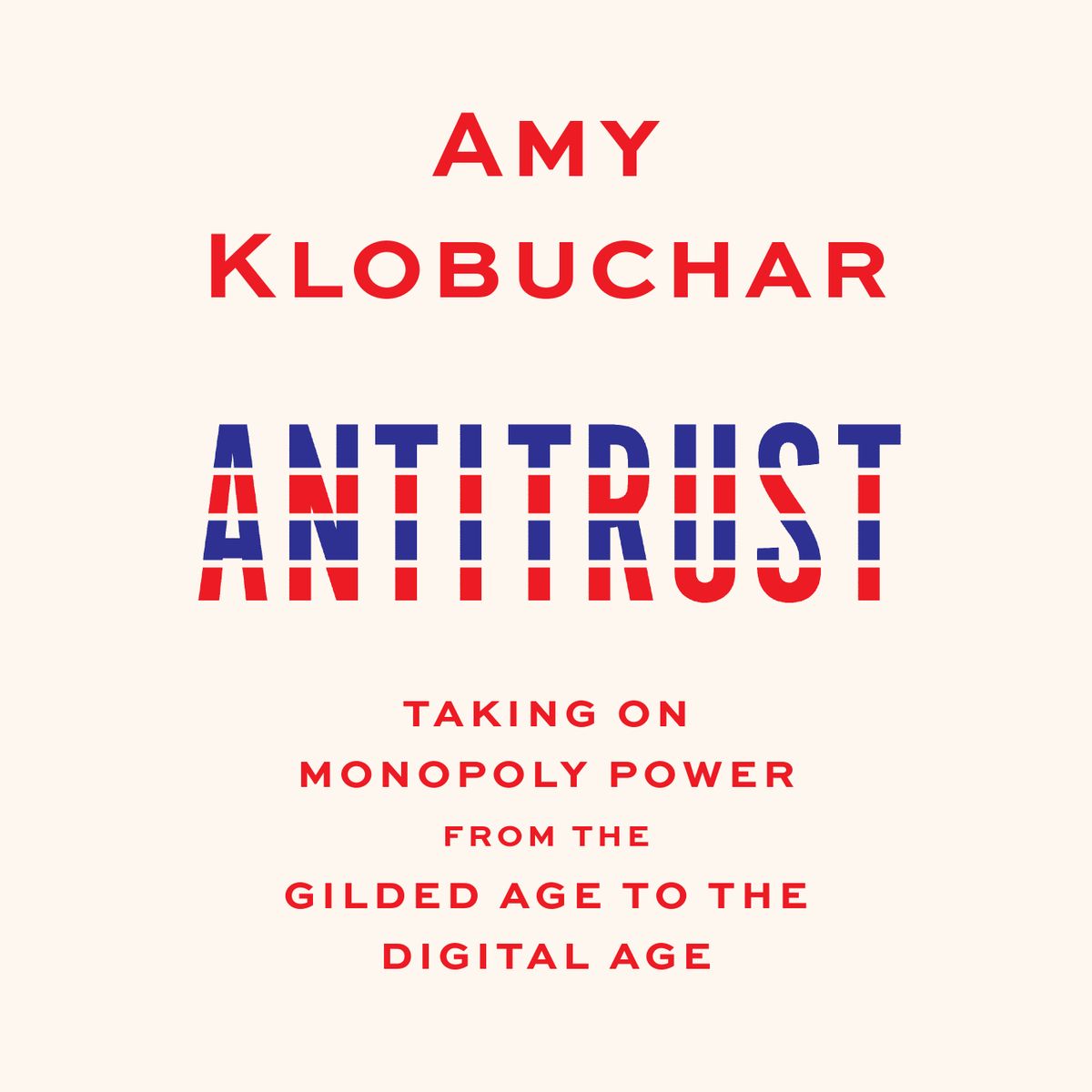
Simply put, antitrust laws are intended to encourage competition by limiting the market power of individual companies. This is generally achieved by ensuring that mergers and acquisitions do not result in the concentration of market power or the formation of monopolies, although it can also involve the breakup of firms that have somehow developed into monopolies. However, the era of globalization is certainly not free of monopolies (as evidenced by Google controlling 90% of the search engine market), and as Amy Klobuchar reveals in Antitrust: Taking on Monopoly Power from the Gilded Age to the Digital Age, the concentration of market power has actual characterized the capitalist business system since the late 1800s. Klobuchar, who is currently the senior US senator from Minnesota as well as the ranking member of the Senate Judiciary Subcommittee on Antitrust, Competition Policy, and Consumer Rights, is a firm advocate of the need to dismantle monopolies and so to ensure a fairer society for all. She takes readers through the history of monopoly formation in the United States (from the days of the robber barons to the passing of the Clayton Act and on to the current situation of Big Pharma), which has largely proved disastrous for average people and highlights the problems that a lack of market competition is causing today. It’s eye-opening stuff.
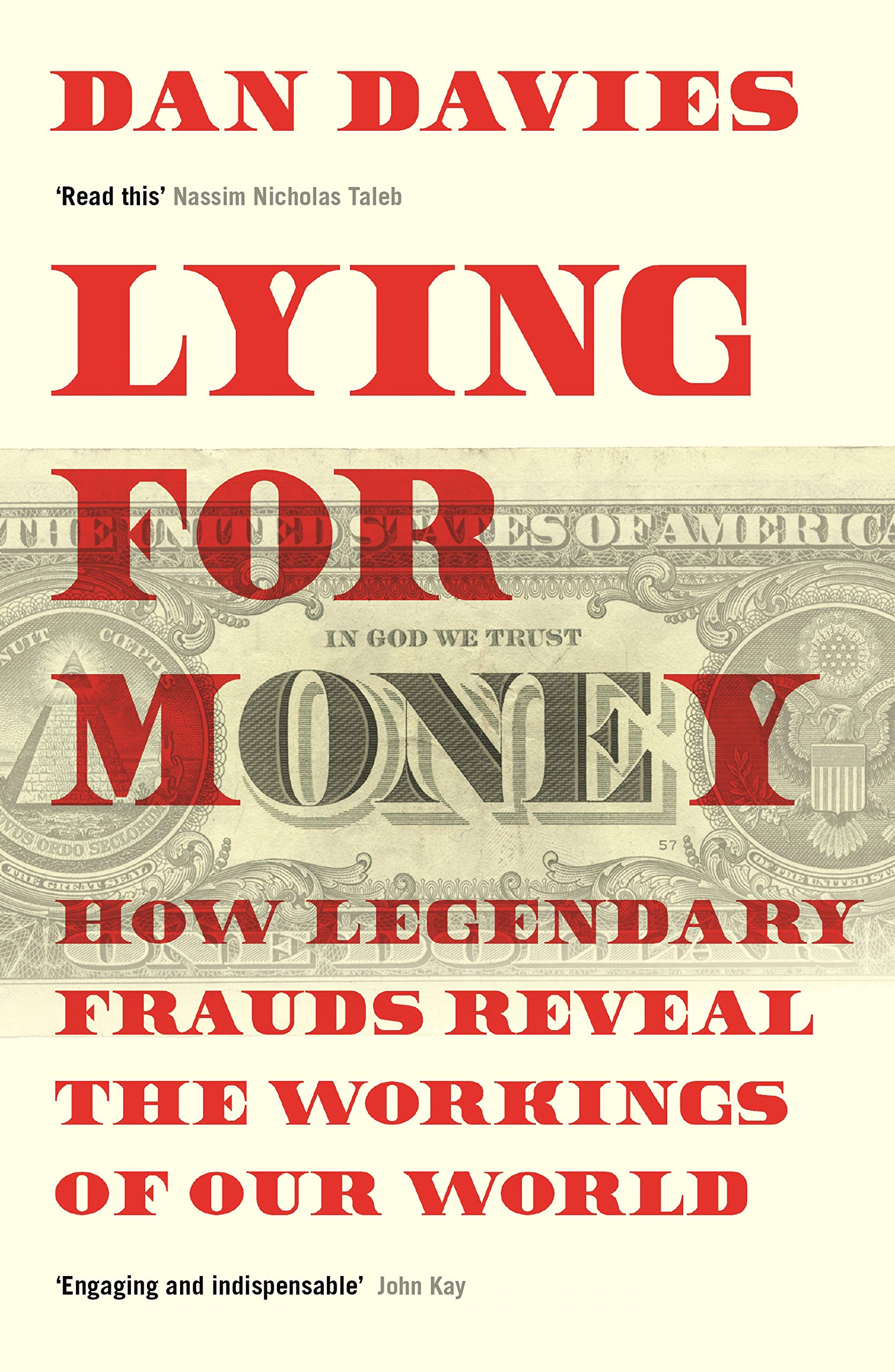
As Dan Davies explains in Lying for Money: How Legendary Frauds Reveal the Workings of the World, there are various kinds of white-collar crimes, including insider trading, Ponzi schemes, identity theft, embezzlement, counterfeiting, and money laundering. All these crimes involve the criminals exploiting the trust of their victims, whether they be individuals or organizations, and as modern economies rely on trust, fraud in all its various flavors represents an insidious crime. Davies provides overviews of famous frauds and fraudsters (such as Leslie Payne, accountant for the Kray twins; Tino De Angelis, the perpetrator of the great salad oil swindle; and Alves des Reis, the man who stole Portugal) and also explains the structures and trust mechanisms that they exploited. His aim is to help readers understand how frauds work (and how to recognize an honest commercial system) so that they are better placed to manage the risk to themselves and their businesses. Davies’ use of case studies and schematics helps to clearly explain the often complex and convoluted processes behind frauds, and his text is both informative and entertaining.
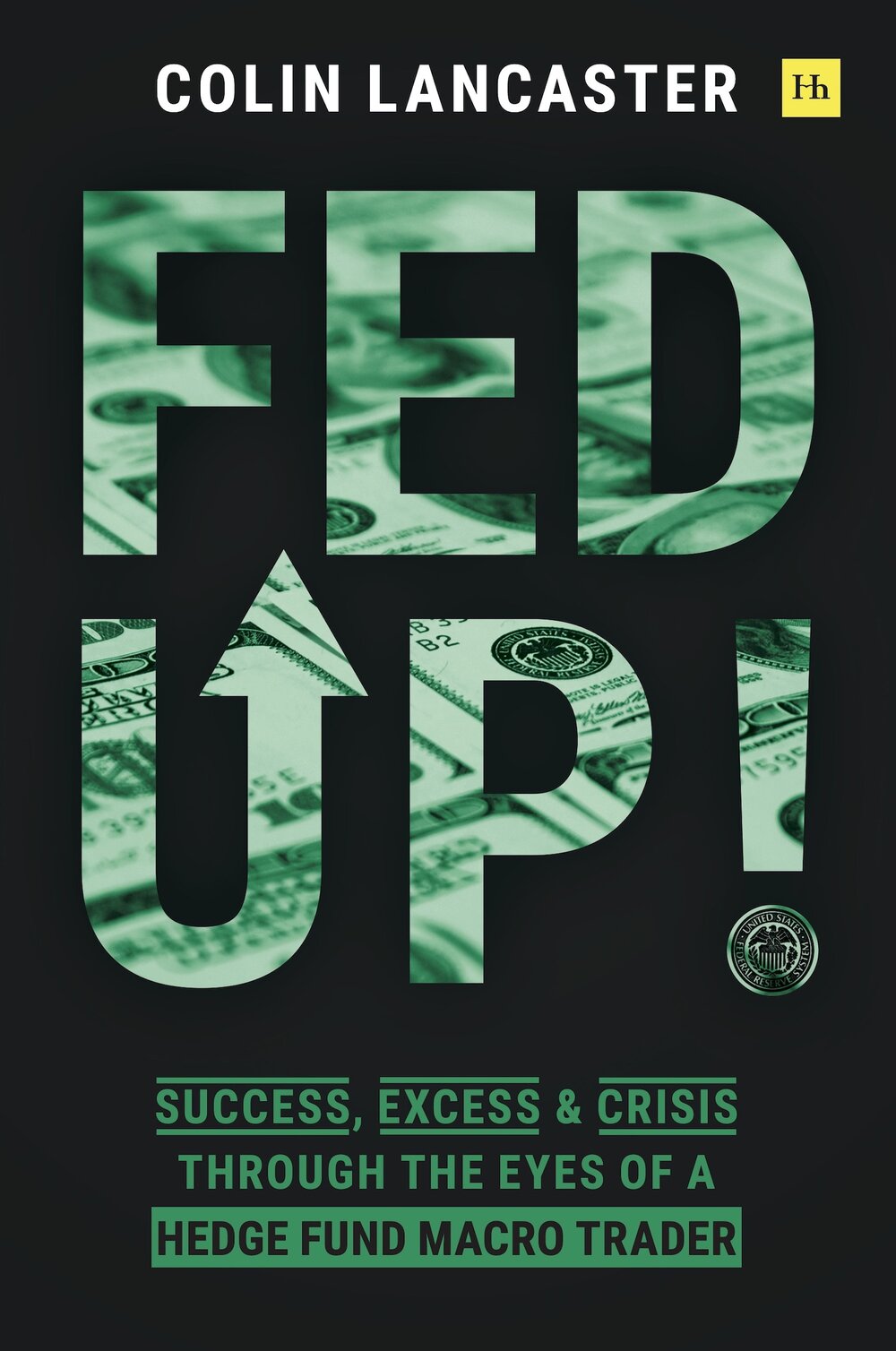
According to Wall Street macro trader Colin Lancaster, the COVID-19 pandemic gave rise to the greatest market panic seen since the Great Depression, and in Fed Up! Success, Excess and Crisis Through the Eyes of a Hedge Fund Macro Trader, he takes readers through the heyday of the recent financial bubble, the experience of the catastrophic crash caused by the pandemic, and the early shoots of growth that signaled the slow resurgence of the market. It’s a great book for those interested in the workings of the stock market and those interested in working in the stock market, as well as for those seeking to understand why the global stock market is subject to such volatility, as Lancaster details the situation on the ground and explains what the life of a trader is really like. From Lancaster’s perspective, it’s a taxing but lucrative life, and he explains the difficulties of keeping pace with the market environment while also keeping up with family and friends. In addition to his personal take on the stock market, Lancaster also considers the policy issues currently facing the US as well as the next generation of traders.

